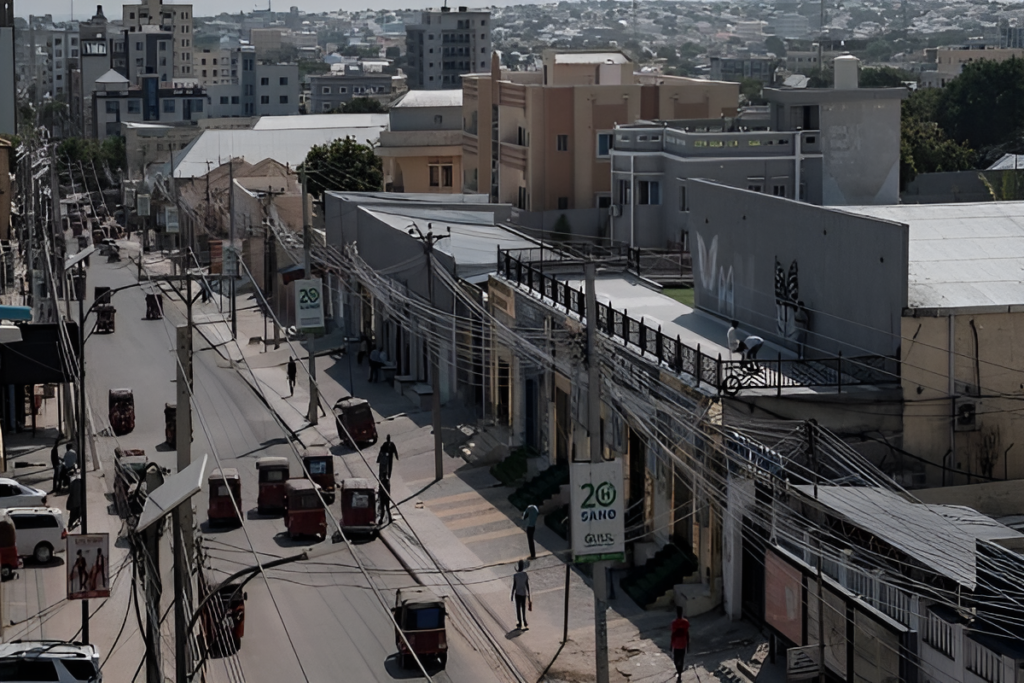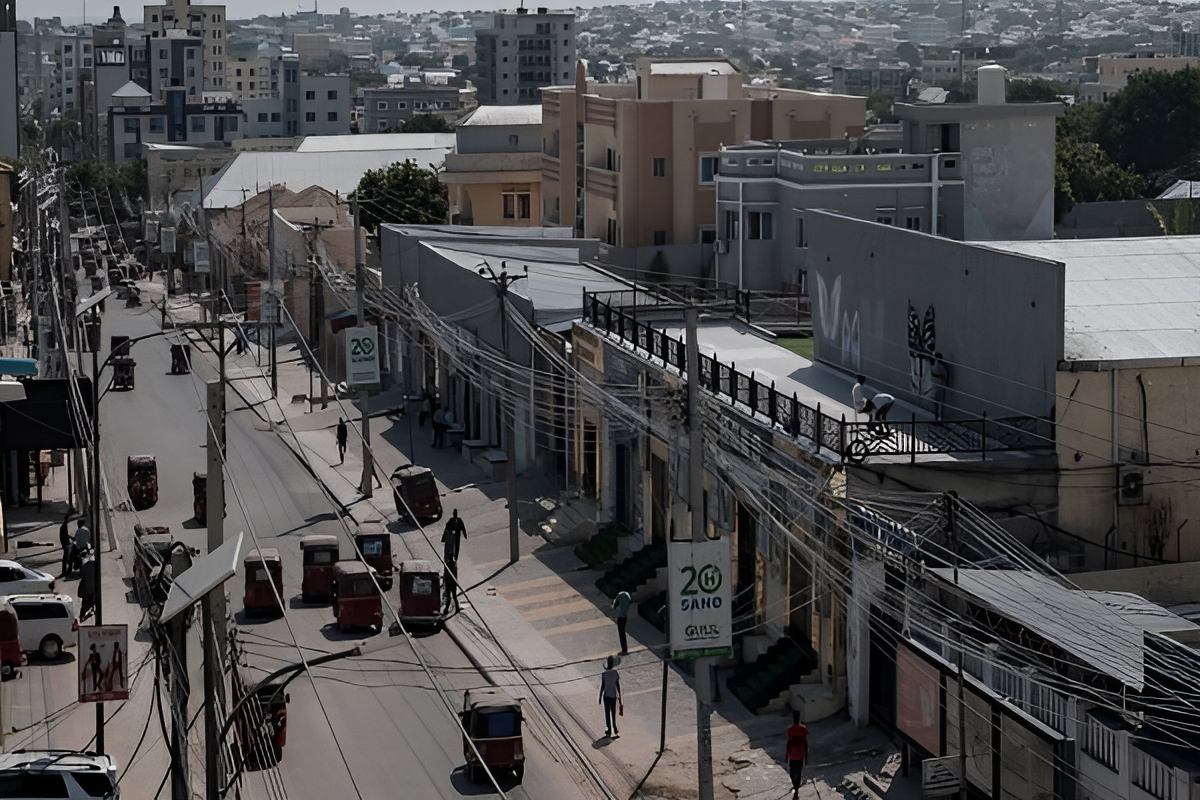
In a tragic incident, Shabaab gunmen targeted a hotel in central Somalia, leaving a trail of destruction and panic. The attack, which occurred in the city of Beledweyne, highlights the ongoing security challenges in the region. The hotel, popular among government officials and locals, became the latest scene of violence as Somali forces battled to regain control. Witnesses reported that heavily armed Shabaab militants stormed the hotel, firing indiscriminately and setting off explosions. The assault resulted in several casualties, with preliminary reports indicating multiple fatalities and injuries. Security forces swiftly responded, engaging the attackers in a prolonged gun battle. The hotel, a known gathering spot for local officials and businesspeople, suffered significant damage as the militants used grenades and automatic weapons. Eyewitnesses described chaotic scenes as people scrambled for safety.
The Islamist militant group Al-Shabaab, which has ties to Al-Qaeda, claimed responsibility for the attack. The group has a history of targeting high-profile locations, including government buildings, hotels, and public spaces, as part of its insurgency against Somalia’s government. Their objective is to impose strict Sharia law and disrupt the country’s efforts toward stability and development. Somalia’s government condemned the attack, reiterating its commitment to eradicating terrorism in the country. In a statement, authorities vowed to bring the perpetrators to justice and to enhance security measures to prevent future incidents. Somali security forces have intensified operations against Al-Shabaab in recent months, reclaiming several territories previously under the group’s control.
The attack has left families mourning the loss of loved ones and injured individuals receiving medical care in overwhelmed hospitals. This incident underscores the ongoing humanitarian crisis in Somalia, where violence continues to displace thousands and hinder access to essential services. The attack highlights the persistent threat posed by Al-Shabaab, not only to Somalia but also to neighboring countries and the broader region. International partners, including the African Union Transition Mission in Somalia (ATMIS), have expressed solidarity with the Somali government and pledged continued support in the fight against terrorism.
Somalia faces multifaceted security challenges, with Al-Shabaab remaining the most significant threat. Despite military successes, the group continues to exploit vulnerabilities, including political instability, corruption, and limited resources for law enforcement. Efforts to combat terrorism in Somalia require a comprehensive approach that includes military action, socioeconomic development, and community engagement. Addressing the root causes of radicalization and empowering local communities are crucial to achieving lasting peace.
Despite the challenges, Somalia continues to make progress in its fight against terrorism. The government’s ongoing efforts, supported by regional and international partners, offer hope for a more stable and secure future. Initiatives to rebuild infrastructure, improve governance, and foster economic growth are vital to countering extremist ideologies and restoring normalcy.
The Shabaab attack on a central Somalia hotel serves as a stark reminder of the challenges Somalia faces in its journey toward peace and stability. While the road ahead is fraught with difficulties, the resilience of the Somali people and the determination of the government and its partners provide a foundation for hope. Addressing the root causes of insecurity and enhancing collective efforts to combat terrorism are essential steps toward a brighter future for Somalia.

